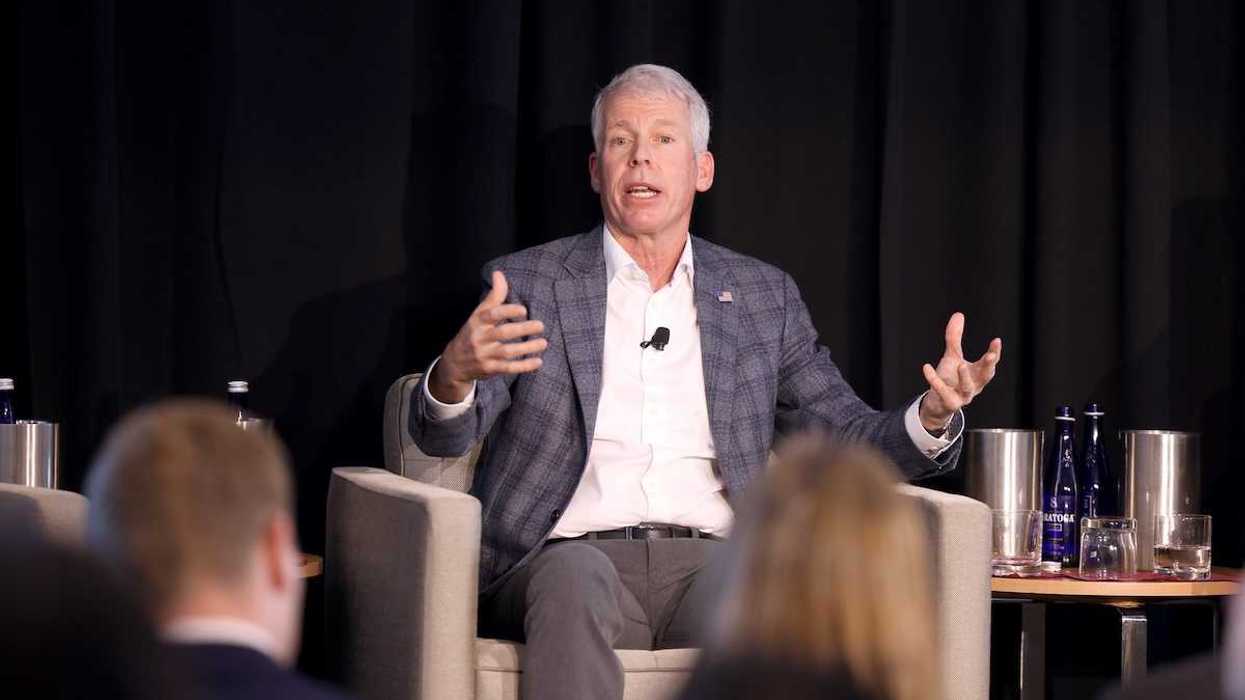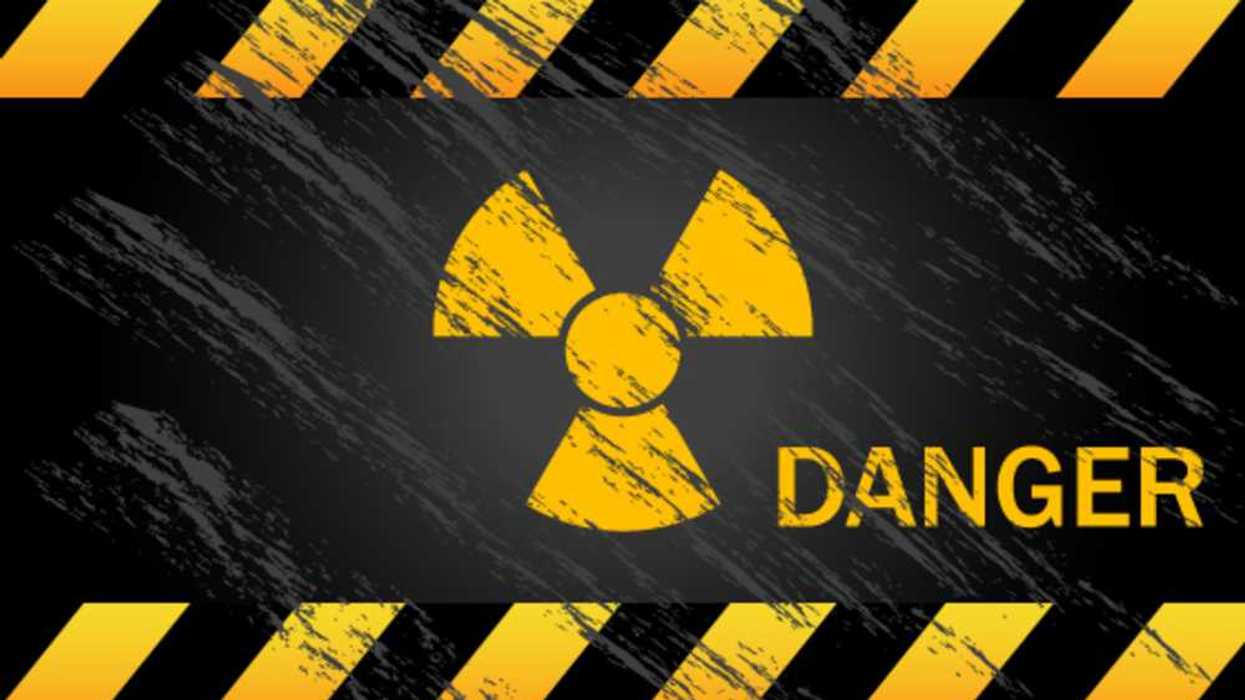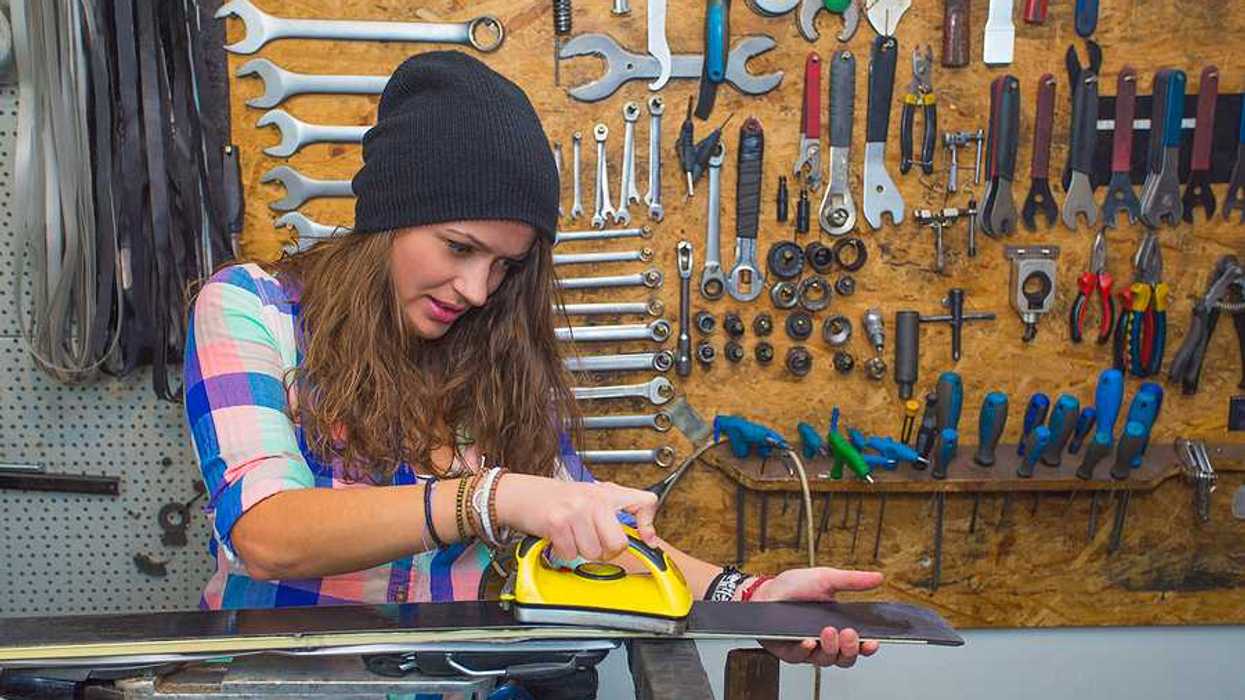Indigenous women are reviving Bolivia’s Lake Uru Uru, heavily polluted by mining waste, by using native reeds that can absorb toxins and improve the water quality.
Sarah Johnson reports for The Guardian.
In short:
- Lake Uru Uru, once vital for the community, has been polluted by urban waste and mining operations, harming wildlife and forcing residents to migrate.
- The Uru Uru Team, led by Indigenous women, uses totora reeds to absorb contaminants in the water, reducing pollution by 30%.
- The group aims to plant 4,000 reeds annually and restore the lake’s ecosystem to support wildlife and local agriculture.
Key quote:
“We didn’t think the totora would grow, because the pollution is so strong. The water has a lot of heavy minerals. But we’ve seen the plants remediating nature little by little and having an effect.”
— Dayana Blanco, co-founder of the Uru Uru Team and a Fulbright fellow studying peace-building at the University of Massachusetts
Why this matters:
Lake Uru Uru's restoration is crucial for preserving biodiversity and supporting local communities dependent on it for food and water. Indigenous knowledge and grassroots efforts are key in addressing environmental damage caused by industrial activities.
Related EHN coverage:














